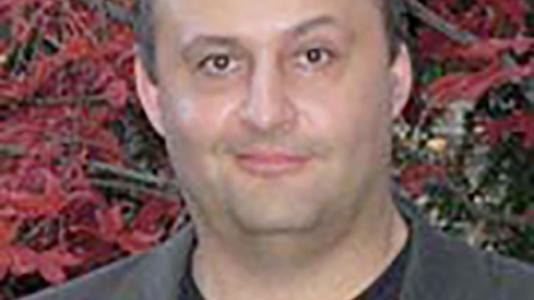
Mihai Anitescu gave a keynote presentation on Nov. 3 at the INFORMS 2015 annual meeting in Philadelphia. The presentation, titled “Getting More Out of the Modern Power Grid,” focused on the role of mathematical modeling and optimization in the next-generation electric grid.
Anitescu, a senior computational mathematician in Argonne’s Mathematics and Computer Science Division, began with a description of the electrical power grid, which he called one of the most complex engineering achievements of the 20th century.
But this very complexity – with large numbers of components that can be taken offline unexpectedly and with an enormous range of time scales needed tor transmission planning – has raised difficulties that have not been fully resolved. Anitescu discussed some of these difficulties and the important role that mathematical modeling and optimization can play in solving them.
“A distinguishing feature of power grid applications is that optimization is ubiquitous and that it must address multiple factors simultaneously,” said Anitescu.
From the viewpoint of mathematical sciences, such a situation is exciting. Anitescu and his colleagues are exploring novel methods for solving not only nonconvex equations that describe the physics of power flows but also stochastic methods that can handle randomness and noise. Also needed are better approaches for solving the ordinary and partial differential equations that increasingly arise in applications involving use of natural gas.
Anitescu noted that in some cases a change of the problem framework may be desirable. “The challenge here is to do so while keeping the solution computationally achievable,” he said.
The INFORMS annual meeting brings together researchers from universities, national laboratories, and industry, as well as representatives from government agencies. Participants discuss the state of the art in data analytics, present methodological advances, and share experiences in application areas ranging from data sciences and healthcare to energy and the environment.